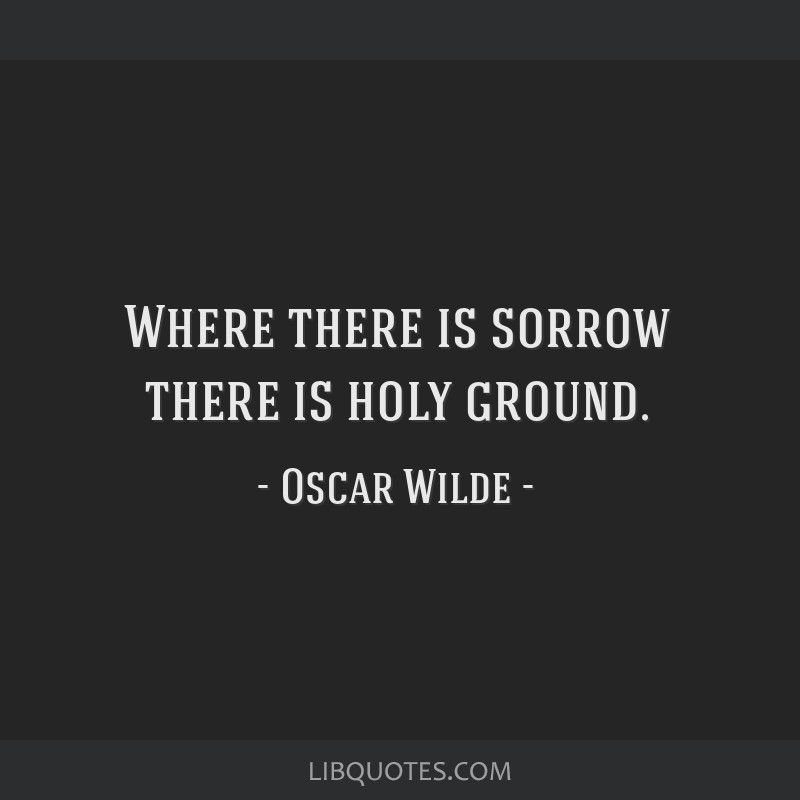
It happened again today. I closed the zoom mediation, covered my eyes and sobbed. This time my tears weren’t from watching parents trying to hurt each other. These were tears of relief for level headed parents and compassionate lawyers, structuring a healing trajectory for a divorcing family.
Tears come more often these days. A steady stream, a flood or an unpredictable onset welling in my eyes at inopportune moments. It can’t be hormones, I’m past that age. It can’t be depression, my life has never been better. My body senses a familiar feeling, originating in my heart.
It finally comes to me. Yes, I’m sure of it. What I am feeling is grief.
Grief is something we all experience and it comes in many different forms. It’s easiest to identify when it accompanies death. But there are many small deaths that happen in life such that grief often lives just below the surface of our bodies, flowing like a river, sometimes coalescing into a deep reservoir. In The Wild Edge of Sorrow, author Francis Weller invites us to see grief not just as an event that happens at times of great loss, but as an “ongoing conversation that accompanies us through life,” so that we became “an apprentice of sorrow.”
I’ve accepted the invitation for apprenticeship and the allure of Weller’s pledge that approaching grief with reverence and close examination will bring me to right relationship with sorrow. I decided to try this approach on the complicated emotion I feel about transitioning from full time lawyer busyness, to a life season that has a gentler “just right” tempo. It’s now relationships with the important people in my life and taking care of my aging body to enhance longevity that get most of my attention. My professional identity and work as a lawyer are further down the list. Could there be grief underlying this change in priority when my choice to downshift is deliberate and reaping new levels of happiness?
There have been a few times in my life I’ve asked myself, “Was I really meant to be a lawyer?” I find that question popping up with more frequency. At this age, I’m guessing most people ask whether they made the right choice for their life’s work. I remember asking my dad this question as I was caring for him as a hospice patient in my home. He’d gleefully smiled from his bed and said, “I’ve LOVED being a lawyer.” I was comforted by my father’s fulfillment from his life’s work as I traversed the dimensions of holding gratitude simultaneously with grief that overcame me as he died.
I can’t say that I’ve loved being a lawyer, but I’ve felt very honored to be one. Frankly, it’s been a stressful and challenging profession for someone who’s wired like God wired me. I realize that for over 40 years I’ve actually been an ambassador of sorrow. In my work, I’ve sat in the shadows of life with people suffering great loss. I’ve helped them accept that they must cram their sorrow, loss, fear, overwhelm, mental health, and scarcity worries into a legal box of “rights” and get permission from the state to rubber stamp their plan to move their lives forward. Their grief has been overwhelming and my empathy and compassion reserves have been tested.
My years of courtroom work particularly challenged all my strength. As an empath, I was tasked with holding my deep feelings for all the losses suffered by my clients, while navigating a competitive and fast-paced playing field of rules of evidence and ever-evolving case law and statutes. All the while, I was making sure to translate the seemingly disconnected paradigm of court in a practical way that made my clients feel they were being heard and understood.
My ambassadorship didn’t get easier when I transitioned primarily to work as a mediator. How many millions of tears did I observe from the mediator’s chair all those years? How much sorrow swirled around me in rooms where I had to continually say, “It’s not about what’s right in either of your eyes. It’s about what rights each party has under the law.” Even in Zoom mediation a camera might click off for a few moments, but I can still feel the brokenness of that person struggling to stay afloat in their immense grief.
Lately, my drama bandwidth has changed. I have zero margin for drama or chaos in my personal life since I sit in front of a Zoom screen watching hours of drama in mediation. Yet there’s a new delight in my work as a mediator. I’m finding it’s not my legal skill that is at the forefront in my cases. It’s now wisdom, abundant patience, and the opportunity to conclude the Zoom and quietly pray for all the players in the life story I’ve just heard that drives my work. Bittersweet aging has opened up a chance to see life differently, and better, and even painful circumstances take on a new dimension in my heart and mind. Every moment of NOW is too precious to waste and I try to convey that in my work without lecturing but instead modeling it with my own life.
When I transition out of the practice altogether a long chapter of my life will close. I know a few lawyers who put a firm stop date on their practice of law and others who continue to work or dabble until the very end. I admire the choices of each but I’m in the camp that wants to retire at a certain date and move into a new life that does not include the law. I’m not sure when that will be but I can see it on the horizon in my mind’s eye. I’m not sure what I will do next but I’m excited about the possibilities which are also starting to appear in the shadows of my imagination. So what’s with the sorrow?
Knowing there is a time I will never practice law again, is the same feeling I have knowing there is a time coming when I will never be able to pull up into a headstand in the middle of the yoga floor. Somehow clinging to my world as a lawyer, like the headstand, is a symbol that I’m not getting old. That I still “have it.” It’s the last breaths of my ego trying to stifle my true self. That true self has been coming out more and more for the past many years but the deepest part of her is still scared to fully break free. If I keep practicing law and standing on my head I can still fool myself into thinking I have control of my life.
I’m sure I’m not the only person who likes to be in control. As a lawyer, you try to control the evidence, your client, the narrative, and the drafting of the documents. In this reflective stage of life, I’m working harder on letting go, sometimes blaming my chosen profession for my propensity to want to fix, manage, and control most of everything.
“Control is an illusion,” writes Rami Shapiro in Recovery-the Sacred Art. “Spending all my time and energy pursuing an illusion is a waste of all my time and energy.” Shapiro reminds us that we cannot control what happens to us, we can only navigate what happens moment to moment.
There is nothing like getting older that brings this point home. Suddenly I realize that at any moment, life could change in a myriad of ways, and that as age marches on I am closer each day to my own death. I can take steps to manage my life in ways that make some of these outcomes less likely but nothing is foolproof. And death will surely come. This thought is daunting and perhaps the ultimate grief. And yet, as I work to fully embrace it, I find more freedom.
In my ongoing transformation, I’m deepening my apprenticeship with sorrow. I’m leaning into listening, feeling, examining, and calling on my ancestors and my God to guide me in this marvelous adventure of grief. I’m not dropping out, I’m continuing to drop more deeply in.
I’m also looking for ways of expanding my ambassadorship with sorrow to new acquaintances and communities who are suffering and need a calm and steady soul to walk alongside them. I’m working to mindfully practice courageous presence in these situations as a true elder who realizes she has no control over life and finds radical freedom in that acceptance. I’m opening up my clenched fists so that God has room to bring new wisdom and insight into my open palms.
It’s grief that has awakened profound gratitude and joy for my abundantly rich and fulfilling life. I was thinking about this at yoga last Saturday when I resisted the urge to pop into a headstand and instead lay in Shavasana on my yoga mat in rest and surrender.
Namaste.


 “Come to me all who are weary and burdened and I will give you rest.”- Matthew 11:28
“Come to me all who are weary and burdened and I will give you rest.”- Matthew 11:28